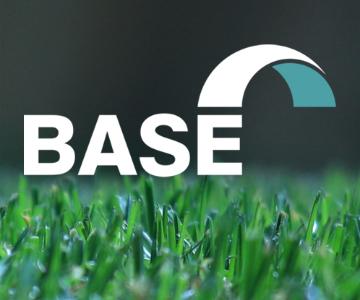The EU research project "Bottom-Up Climate Adaptation Strategies Towards a Sustainable Europe" (BASE) supports action for sustainable climate change adaptation in Europe. BASE makes experiential and scientific information on adaptation meaningful, transferable and easily accessible to decision-makers at all levels. The project is funded under the EUs 7th Research Framework Programme (FP7).
A presentation describing BASE, as well as its relation to the the EU Adaptation Strategy is available for download here.
The challenges
Climate change may lead to serious ecological, economic and social disruptions across Europe. Carefully planned adaptation can reduce these disruptions and in some cases yield benefits and business opportunities, but decision makers face obstacles when devising appropriate and sustainable strategies, including:
- Uncertainty: The ability to plan and design adaptation options is limited by uncertainties on physical changes, socio-economic developments, and the costs and benefits of different approaches or time scales. Reducing this uncertainty will help in devising strategies that are resilient to extreme events and can deliver net benefits under a range of scenarios.
- Assessment: Integrated Assessment Models can provide strategic long-term and quantitative insights for adaptation activities but require more accurate data and critical assessment of which scale of analysis is most appropriate. At the same time, assessments of bottom-up processes need to build on past lessons and increase comparability between cases. Improvements to both types of assessment are needed to assist critical decision making.
- The adaptation gap: Strategic policy making is needed from the ‘top-down’ to avoid mal-adaptation and ensure coherence between measures and sectors. However, adaptation is context specific, requiring ‘bottom-up’ measures that reflect local realities. There is a need for stakeholder engagement and analysis of policy-making processes to identify ways for bridging the gap between these two aspects of adaptation.
Our aims
From 2012-2016, the BASE project aims to foster sustainable adaptation in Europe by improving the knowledge base on adaptation and making this information easier to access, understand and act upon. Specifically, BASE will:
- Compile and analyse data and information on adaptation measures and their effectiveness towards a publicly available comprehensive, integrated knowledge base. This includes analysis of social and economic benefits, sectoral adaptation costs, and policy making implications.
- Improve and develop new assessment methods and tools for assessing climate impacts, vulnerabilities, risks and policies.
- Identify conflicts and synergies at different policy levels as well as between and within sectors to highlight strategies for improving policy coherence and effectiveness.
- Integrate bottom-up knowledge with top-down processes through innovative approaches to assess the effectiveness, costs and benefits of adaptation strategies at different scales.
- Bridge the gap between specific assessments of adaptation measures and ‘top down’ implementation of comprehensive and integrated strategies.
- Increase the integration of local knowledge and perceptions of adaptation pathways through novel participatory methods and deliberative tools to create co-designed and effective adaptation strategies.
- Disseminate project results to policy makers, practitioners and other stakeholders to increase awareness of the impacts, costs and benefits of climate adaptation for effective and sustainable adaptation strategies through tools such as Climate-ADAPT.
Case Studies
In order to gather insights from the local level, the BASE project team will examine climate change adaptation case studies from across Europe. They have been chosen not only to demonstrate sector specific issues of adaptation but also to examine interactions across multiple policy levels.




